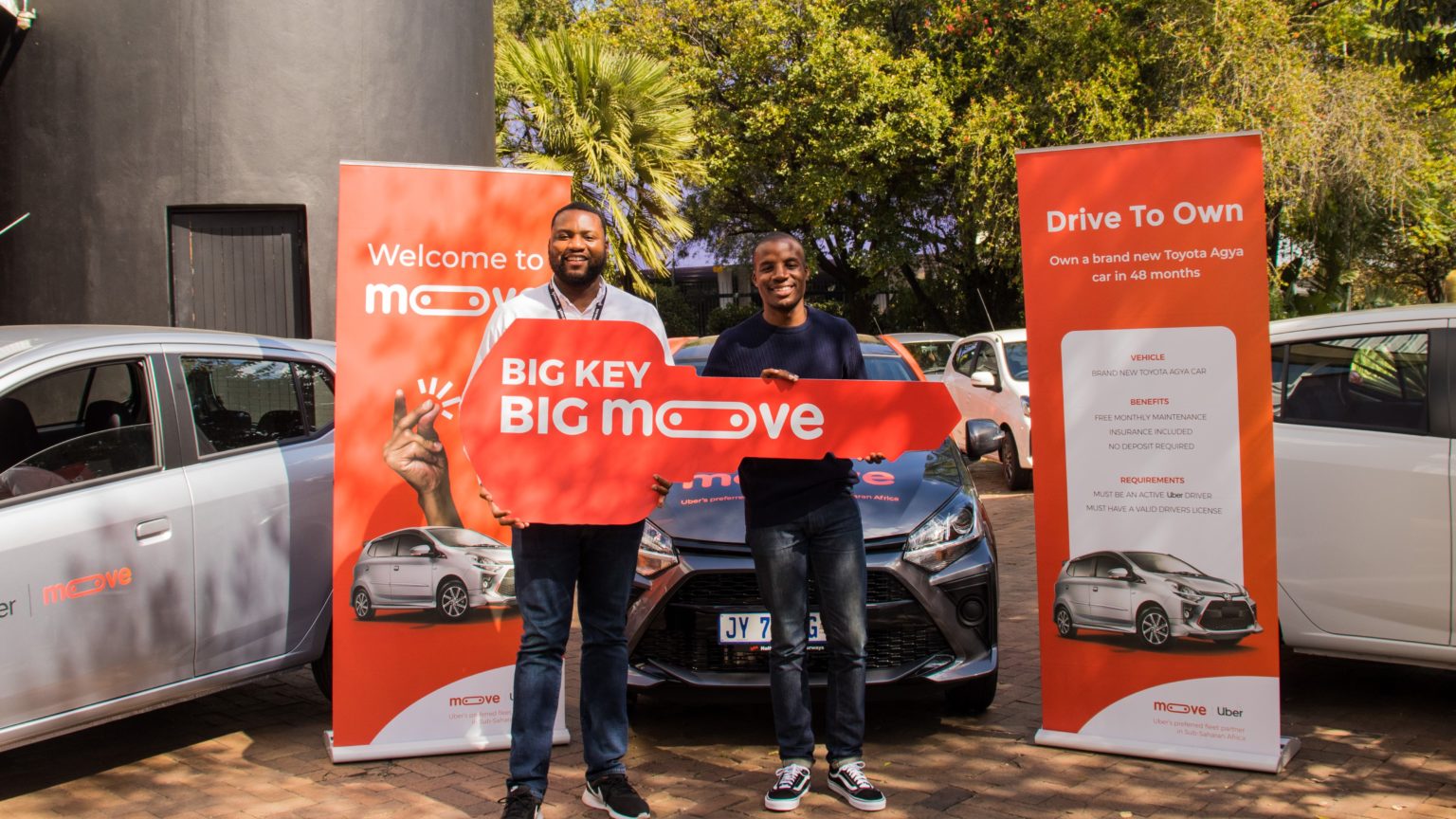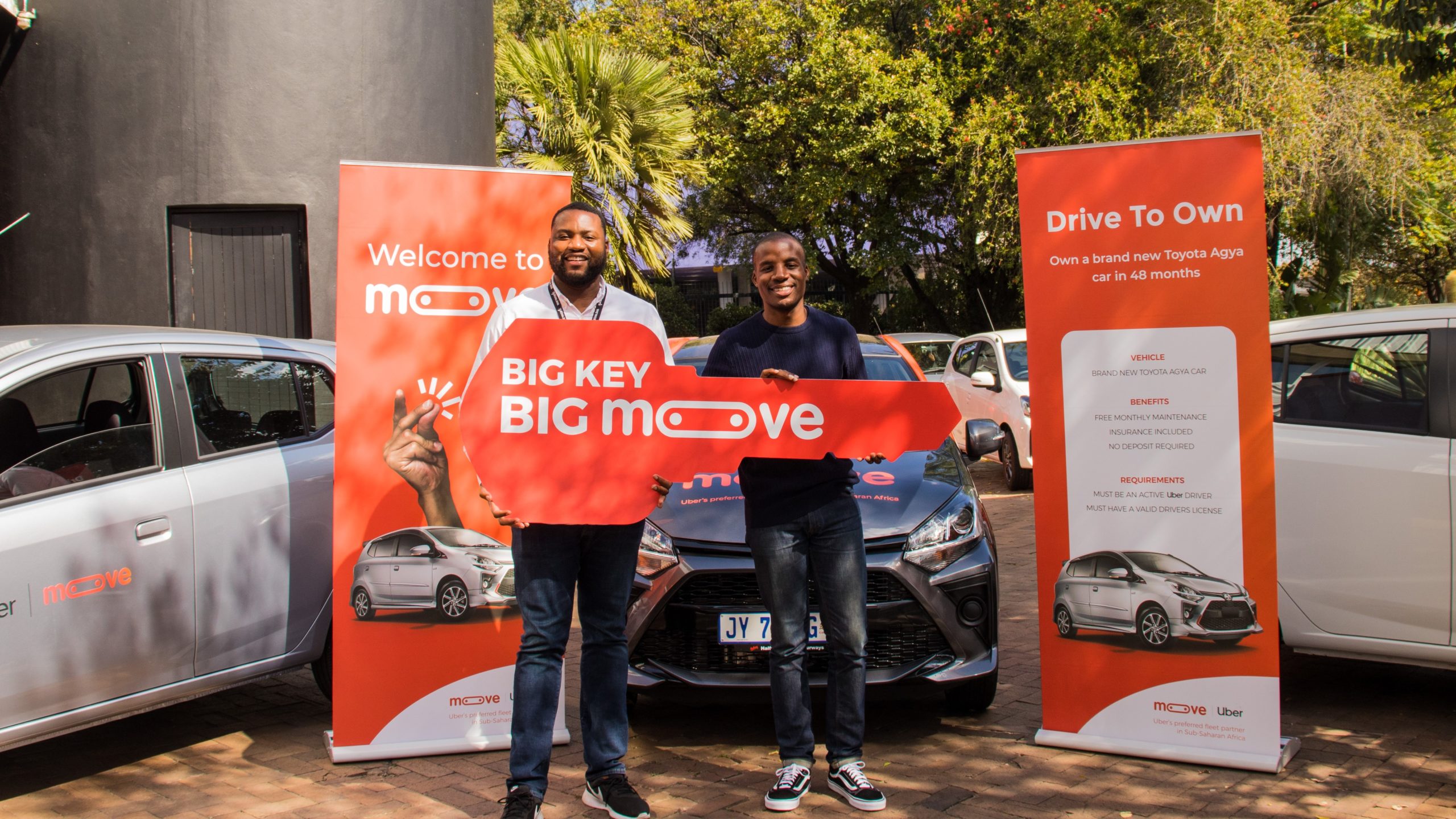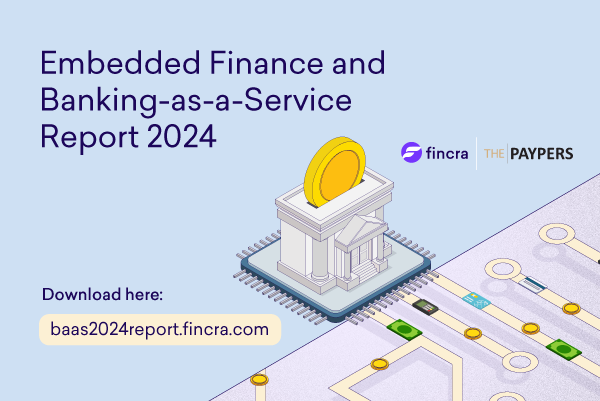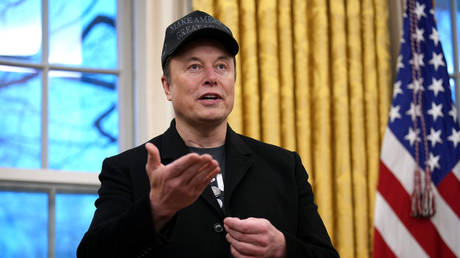In today’s edition: Waymo partners Moove || Africa needs to collaborate to build AI policies || Nissan Egypt to invest $45 million in cars || Funding Tracker



TGIF!
This year, Jumia’s Black Friday sales campaign brought in 2.6 million customer orders in 30 days across its nine markets—18% higher than in 2023. Interestingly, this is 44% of the total orders the e-commerce company recorded in Q3 2024.
The increase shows people are shopping online in Africa, despite macroeconomic challenges. But it also means that customer behaviour is likely shifting toward incentivised offers. In buying and selling, people like good deals, but is it sustainable for these companies? How can they make tradeoffs for incentivised buying while striving for maximum profits?

Mobility
Moove partners with Waymo for autonomous fleet operation

In September, we wrote that Moove, the Uber-backed Nigerian startup that finances vehicles for ride-hailing companies, was expanding to the US.
We predicted that the startup’s expansion to the US will likely follow its expansion to the UAE where it operates electric and hybrid vehicles. It appears Moove is mooving higher than we predicted.
Yesterday, the mobility startup announced a partnership with Waymo, an American startup that makes autonomous technology for cars, to manage fleet operations for its robotaxi service in Phoenix and soon, Miami. This partnership strengthens Moove’s role in fleet management and could lead to working with self-driving cars later on. However, the focus remains on fleet maintenance for Waymo’s robotaxi service, not on leasing autonomous vehicles to drivers.
Robotaxi services use self-driving cars to transport passengers without the need for a human driver. This is the first time Moove is working with autonomous vehicles. Waymo, which recently launched its robotaxi service on the Uber app in Phoenix, will rely on Moove to keep its self-driving cars running smoothly and to help set up charging stations and depots in both cities.
Waymo intends to transition fleet operations to Moove in Phoenix by early 2025. Moove will also help with the development of charging stations and depots for the company’s fleet in Miami.
Moove’s partnership with Waymo is the latest in the startup’s journey after it raised $100 million in March, a round led by Uber with participation from Mubadala ventures.
Waymo’s partnership with Moove reflects its strategy to delegate operational management while concentrating on advancing its self-driving technology.
Read About Moniepoint’s Impact on Pharmacies

Do you remember what you bought the last time you visited a pharmacy? Data from Moniepoint’s pharmacy case study reveals it was likely a painkiller. Click here to discover how Moniepoint is enabling access to healthcare through payments and funding for community pharmacies.
Mobility
Nissan Egypt to invest $45 million into assembling cars

Nissan Egypt, the subsidiary of the Japanese car manufacturer, wants to drive more investment into local manufacturing.
It has announced that it will invest $45 million to produce its third locally assembled car. The plan, made possible through an agreement with the government, targets an annual production of 17,000 units—10,000 for the local market and 7,000 for export.
Nissan Egypt’s mission to expand its operations in Africa also aligns with the recent trend of giant Asian car-makers growing their interest in the continent. In October, Japanese automobile upstart and a Nissan competitor, Stellantis announced that it will build production facilities in Egypt in deals worth €116 million ($123 million). Chinese auto-maker BYD also announced plans to expand in Egypt and increase local production of its cars.
What is driving this interest from giant car-makers is Egypt’s Automotive Industry Development Program (AIDP), which incentivises automakers to boost local production. The program offers tax breaks, subsidies, and other benefits that make it cost-effective for companies to manufacture in Egypt while serving both local and regional markets.
Egypt has a shrinking market for car sales, yet consumers are showing a strong preference for fuel-efficient cars, which is where the opportunity lies for these auto-manufacturers. Nissan’s Sunny model car has been one of its hits in Egypt; in 2023, it sold 10,590 units, the most in the country, dethroning the Chevrolet T-Series in unit sales which has held the number spot for the past eight years.
Nissan will build more Sunny model cars. It will also build a new car model to put into the market, with more than half of the parts sourced from local suppliers in Egypt.
Beyond this model, Nissan plans to invest an additional $2 million to raise production capacity for all its locally assembled cars, increasing its total output from 25,000 units to over 30,000 by 2025. This expansion comes as Nissan Egypt looks to grow its export revenue, which already hit $150 million, by 50% in 2024.
Get Fincra’s Embedded Finance and BaaS Report 2024 for FREE

Fincra in collaboration with The Paypers have released the Embedded Finance and Banking-as-a-Service Report 2024. This report examines the key challenges and innovative solutions defining the future of seamless cross-border payments and remittances across the continent, among other topics, with key experts.
Features
AI will create jobs in Africa, but is Africa ready to collaborate?

New technologies create jobs by redefining old roles or introducing new ones to meet the demands they generate.
When artificial intelligence (AI) became mainstream, it birthed roles like prompt engineering, adapted others like data science, and sparked entirely new industries. These roles are key to developing AI solutions for various adjacent sectors.
In sectors like fintech, healthcare, and logistics, AI drives efficiency, innovation, and job creation. Yet, in Africa, AI’s potential is hindered by a lack of collaboration across six key components, as highlighted by Caribou Digital.
These include policies that are catalytic to AI innovation, grassroots communities that build talent, academia to teach AI, investors to seed ideas, Big Tech for infrastructure, and skilled human capital.
While five African countries have national AI policies, most operate in silos, leaving the continent unprepared to build impactful local solutions. Governments, as key catalysts, must take the lead. Without their commitment, the opportunity to create millions of jobs through AI will be lost.
Africa’s AI future depends on building cohesive innovation clusters that will model what Schezen and Silicon Valley have today—decades’ worth of development that Africa is stalling on.
There has to be stronger collaboration between these six components. AI is built in clusters, not silos. The question is: will the continent rise to the challenge?
Introducing Paystack transfers in Kenya 
What's Your Reaction?




















